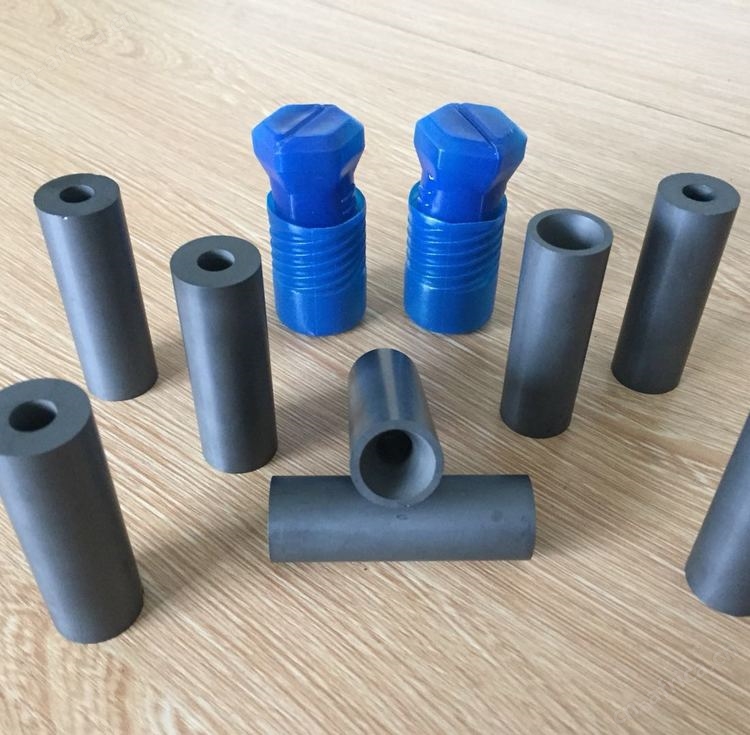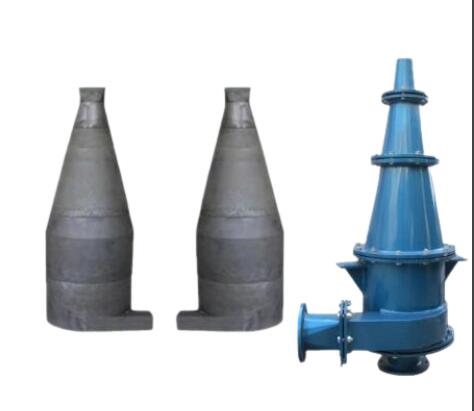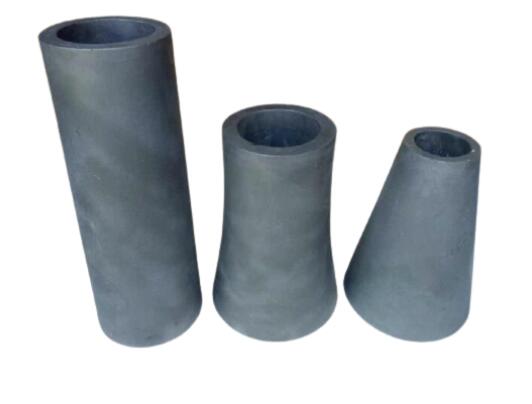


Applications of Silicon Carbide (SiC) in the Sugarcane Processing Industry
In the sugarcane processing industry, silicon carbide (SiC) is primarily used for its wear resistance, corrosion resistance, and high-temperature stability. Its main applications include:
1. Wear-Resistant Components
-
During sugarcane processing, equipment such as crushers and presses endure significant friction and wear. Due to its extreme hardness (Mohs hardness of 9.5, second only to diamond) and abrasion resistance, SiC is commonly used to manufacture wear-resistant liners, impellers, pump casings, and other components, significantly extending equipment lifespan.
2. Corrosion-Resistant Equipment
-
Sugarcane juice contains acidic components that can corrode metal equipment. Silicon carbide's excellent resistance to acids and alkalis makes it suitable for manufacturing chemical processing equipment such as reactors, pipes, and valves, reducing corrosion-related wear.
3. High-Temperature Applications
-
In sugar mill thermal processing (e.g., evaporation, crystallization), SiC's high-temperature stability (melting point ~2730°C) makes it ideal for heating elements, heat exchangers, and furnace linings, improving thermal efficiency.
4. Grinding and Cutting Tools
-
Silicon carbide abrasives can be used to process metal components in sugarcane processing equipment, such as blades and bearings, ensuring high precision and durability.
5. Environmental Protection & Energy Efficiency
-
Due to its high thermal conductivity, SiC can enhance heat recovery systems, reducing energy consumption—a key requirement in modern sugarcane processing.
In summary, silicon carbide's primary value in the sugarcane industry lies in improving equipment durability, reducing maintenance costs, and optimizing energy efficiency. For more detailed technical specifications or specific case studies, further industry reports or manufacturer data can be consulted.
Email:masonvicky@hotmail.com
【 Go Back 】 | 【 Close this window 】



